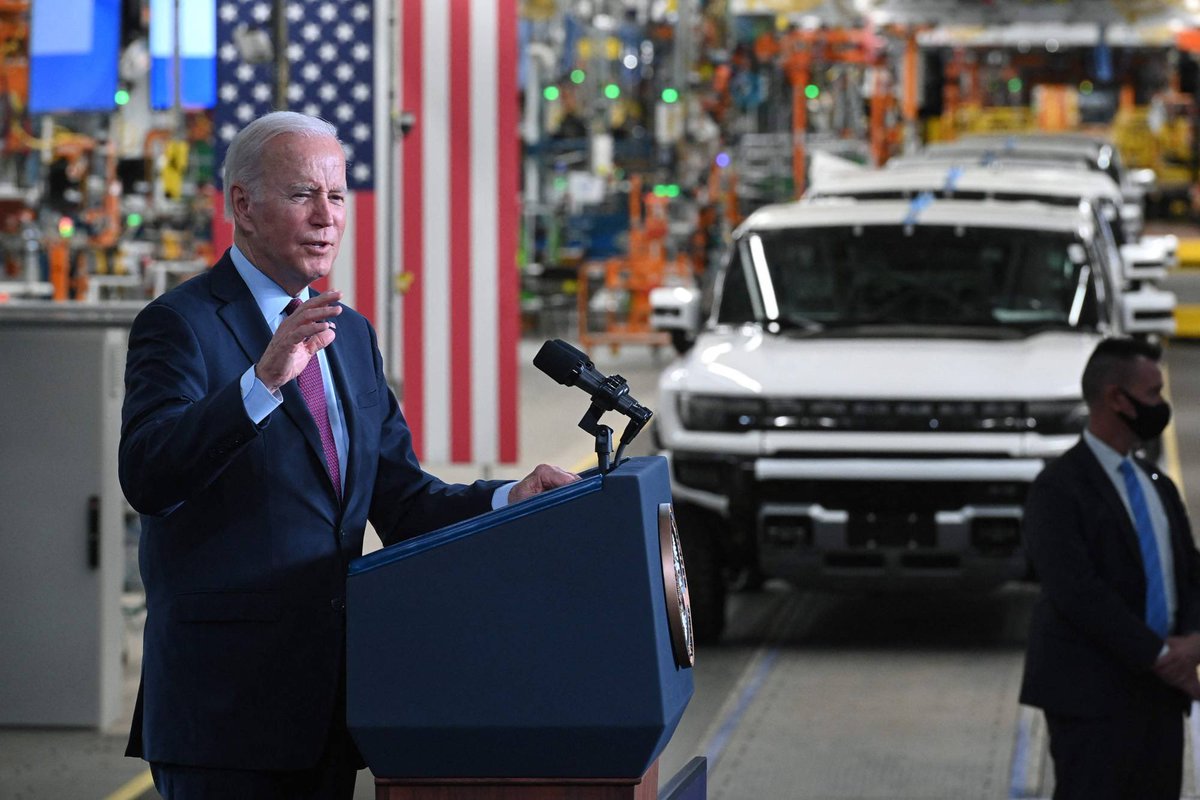Tesla’s Political Roadblocks: How Union Influence Shapes White House Decisions
After the inauguration of President Joe Biden, an interesting narrative unfolded within the corridors of the White House and the auto industry. **Tesla**, the dominant player in the electric vehicle market, aimed to build connections with the new administration but faced unexpected obstacles.
A Chilly Welcome from the White House
Despite multiple attempts by Tesla officials to facilitate a meeting between President Biden and Elon Musk, the CEO of Tesla, these efforts were consistently met with a cold shoulder. According to reports, Biden’s team did not want to provoke the **United Auto Workers (UAW) union**, a key constituency that leaned heavily on the White House to maintain distance from Musk.
The friction between the union and Tesla is not new. UAW has historically had strained relations with Musk’s enterprise, primarily because Tesla’s workforce is non-unionized. UAW’s influence in political spheres often steers administrative decisions, and this scenario was no different.
The Exclusion at the Electric Vehicle Summit
In August 2021, President Biden hosted a high-profile electric vehicle (EV) event, setting the stage for an ambitious target: making half of all new vehicles sold by 2030 zero-emissions vehicles. Surprisingly, despite Tesla accounting for approximately 66% of all EVs sold in the U.S. at the time, **Musk was not invited** to the celebration.
Instead, Biden extended invitations to executives from General Motors (GM), Ford, and Stellantis (the parent company of Chrysler), essentially excluding the industry’s most significant player. This decision perplexed many within the industry, considering Tesla’s leading role and contribution to EV technology advancements.
Political Motivations and Union Dynamics
According to former union officials, the White House did not need an ultimatum from the UAW to understand the dynamics at play. The administration was well aware of the union’s influence and chose to adhere to their preferences, highlighting the intricate balance between political decisions and union relations.
Subsequently, during a November 2021 event promoting the new infrastructure bill, President Biden’s remarks further inflamed the situation. He credited GM’s CEO, Mary Barra, with leading the electric vehicle revolution, despite Tesla’s clear leadership in the sector. Such statements underscored the administration’s tendency to favor unionized companies.
Elon Musk’s Response and the Bigger Picture
**Elon Musk**, naturally, felt slighted by these events. The exclusion from the EV summit and the public snubbing by President Biden were seen as unjust moves against a company that had undeniably revolutionized the EV market. Musk’s responses on social media reflected his discontent, adding fuel to the ongoing narrative of a strained relationship between the tech entrepreneur and the current administration.
The question arises: why is the administration overlooking an industry leader like Tesla? The UAW’s historical issues with corruption, including previous leaders facing jail time and ongoing investigations, compound the complexity of this relationship. Despite this, the administration appears to prioritize union preferences over the evident successes of non-unionized entities like Tesla.
Impact on the Future of the EV Market
The dynamic between **Tesla, the Biden administration**, and the UAW will play a crucial role in shaping the future of the EV market in the United States. The exclusion of Tesla from significant events and the apparent cold shoulder from the administration could have long-term implications on policy and industry standards.
As the industry continues to evolve, the importance of recognizing and inclusively collaborating with key players cannot be overstated. Tesla’s contribution to the EV sector is immense, and any future decisions need to reflect a balanced approach that includes all stakeholders, irrespective of their union affiliations.
In conclusion, the narrative of political maneuvering and union influence presents a complex backdrop for Tesla’s interactions with the Biden administration. As the EV market drives forward, the hope is for more inclusive and impartial recognition of innovation and contribution from all corners of the industry.
